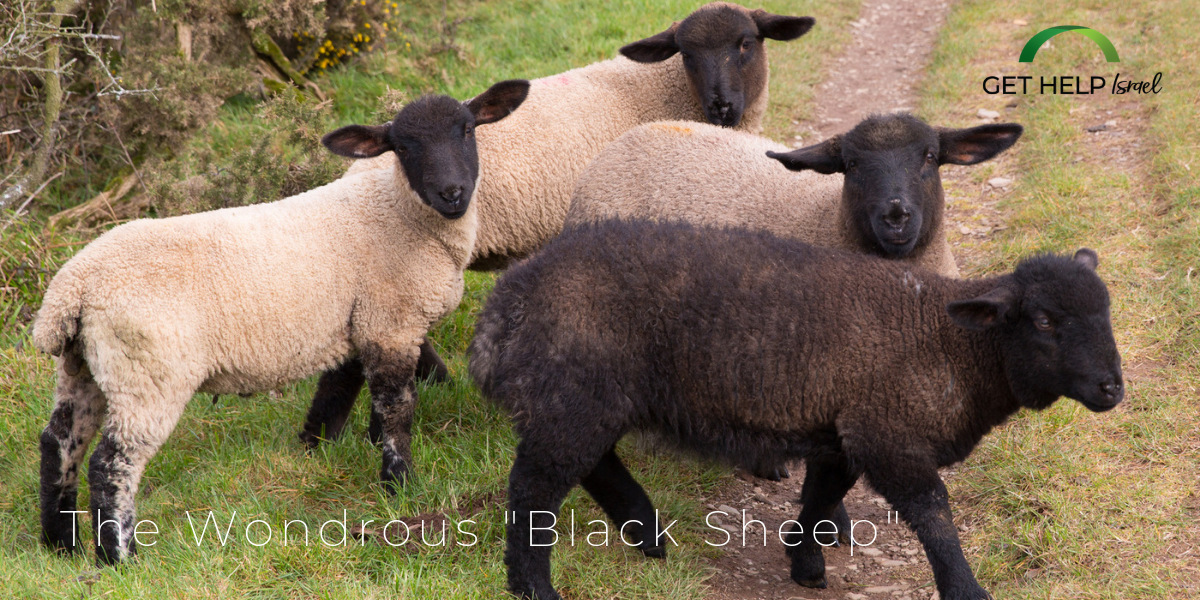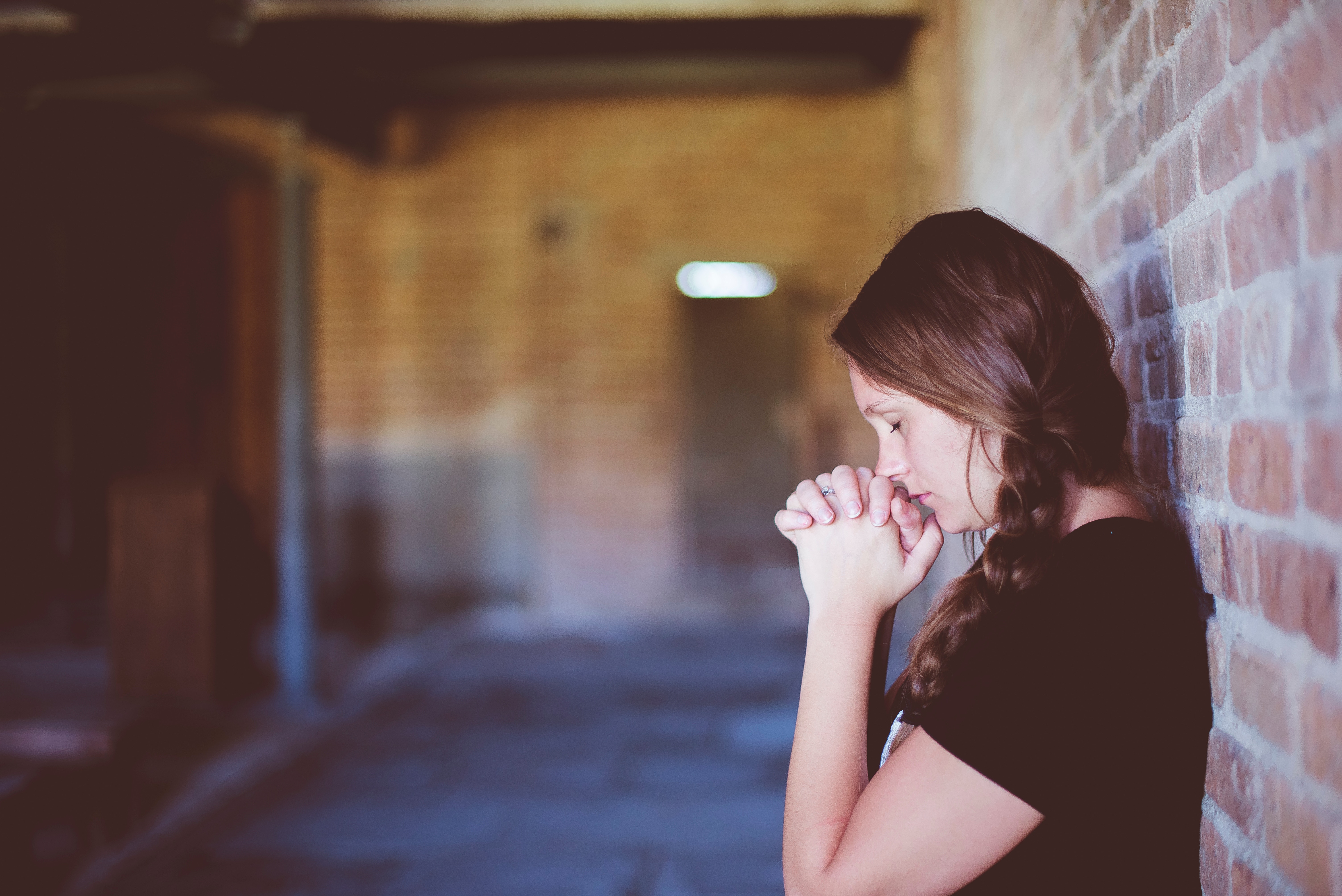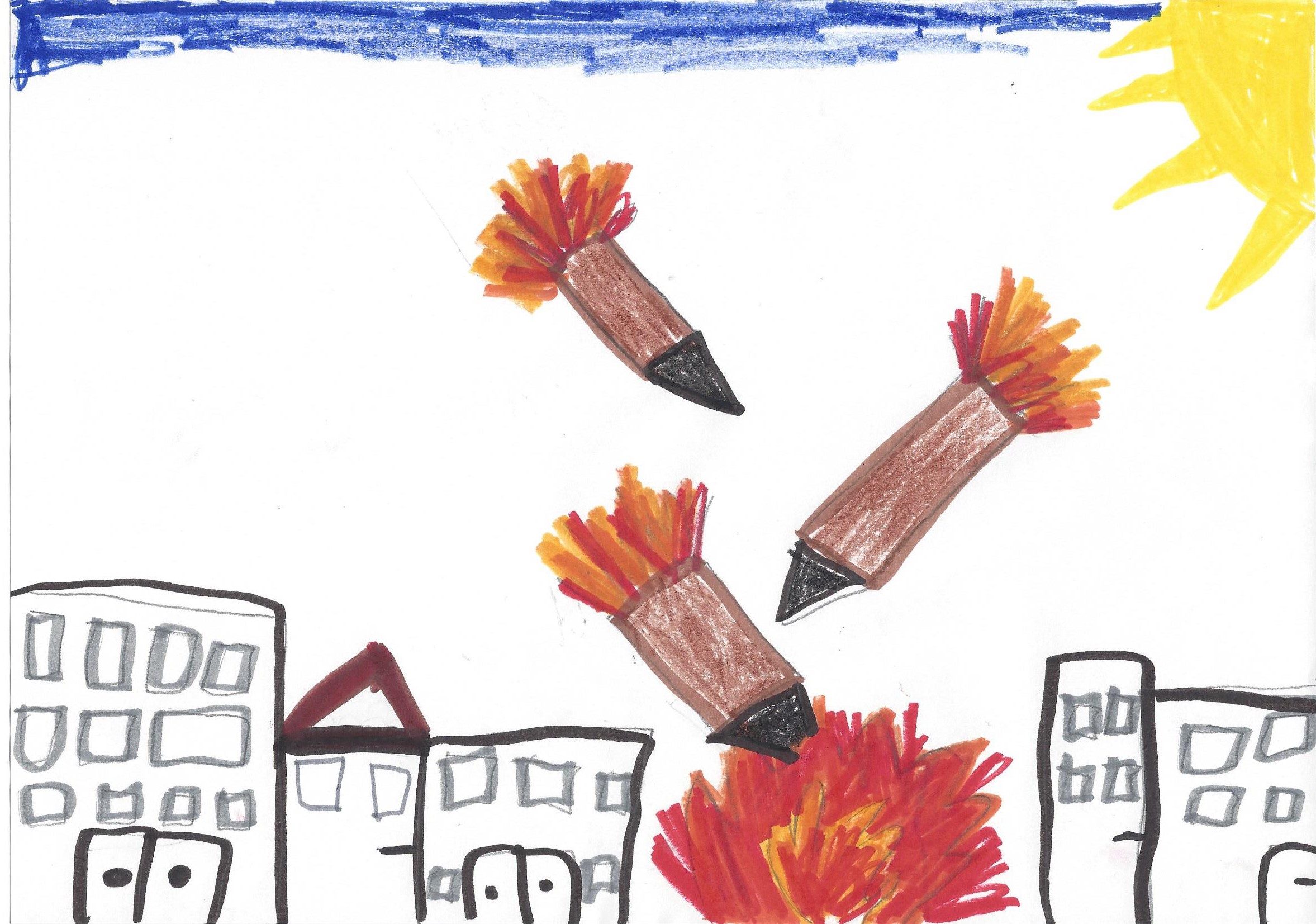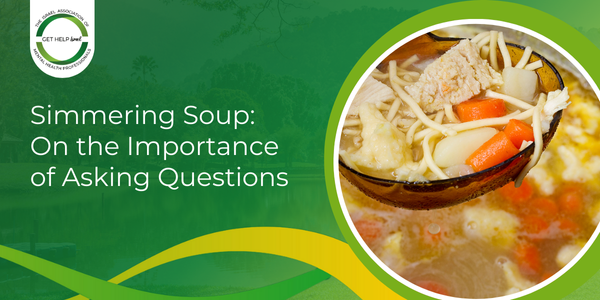The GHI Fund proudly support soldiers, lone soldiers, and active reservists in funding trauma therapy via private practice multilingual therapists to provide imminent specialized care. Soldiers can select their own therapist through our database of participating therapists.

Grief for the Loss of our Parents
By: Jeanne S. LankinThose of us granted life have to face the loss of the most profound of all our relationships. The relationship a person has with a parent, affects every stage of our life. Therefore, losing a parent at each stage in life has unique challenges.
Read More
My Unorthodox life: Exploring Differences of Opinion in Couplehood
By: Micki Lavin-PellWhen I work with couples through dealing with differences, whether it be religious or any other practice or want, I help the couple explore their deeper feelings around their differences of opinion and differences of practice. Couples deal with all kinds of differences. Some examples are issues around health and fitness, what kinds of food enters the home, what kinds of media are allowed, how to use finances, what dress represents members of the home, places to hang out and where not to go, how much time to spend together, what to do with the time they spend together, where to go on vacation, to name but a few.
Read More.png)
Life Skills Taught By Horses
By: Esther Adams AharonyIn this insightful blog, we explore the transformative role of equine therapy in children's lives. Horses, far more than majestic creatures, are exceptional teachers, imparting essential life skills to young learners. We delve into how these animals mirror emotions, instill responsibility, and empower children, teaching them about trust, respect, and self-efficacy. This narrative goes beyond riding, highlighting how caring for horses shapes a child's character and resilience, revealing the profound impact of this unique human-animal bond in nurturing confident, empathetic, and responsible individuals.
Read More
The CYCLE: The Key to Rebuilding Your Marriage
By: Daniel FundSomething was comin' there way and it was no good... Shira and David find themselves in a vicious cycle that they are both trapped in for years. They fall back to their default coping styles which continue failing them. In fact, we all fall back to these coping styles...
Read More.png)
The Pike Phenomenon: A Lesson for an Empowered Life
By: Elan KartenIn Proverbs, King Solomon taught the sluggard to go and learn from an ant. More recently, researchers have taught us that we should go and learn from a fish. Move over, Grandma! There’s much more to pike than just gefilte fish.
Read More
The Wondrous “Black Sheep”: the Truth Teller of a Family
By: Keren BurgmanHow often have you heard someone describing their family and either talking about a sibling…
Read More.png)
Making the First Call: A Guide to Choosing the Right Therapist for You
By: Yisroel PickerDeciding to seek therapy is a courageous first step, but the initial phone call to a potential therapist can feel daunting. This guide is designed to empower you during that crucial conversation, moving beyond logistics to help you find the right fit. Discover the key questions that reveal a therapist's experience, approach, and, most importantly, their ability to create a safe and trusting connection with you.
Read More.png)
On Today's Menu: Corona Sandwich
By: Jeanne LankinI am overwhelmed with guilt as I can’t be with my parents on a daily basis to help them navigate this challenging time in their lives. At the same time, I also feel guilty that I can’t help my kids while they struggle in raising their children and I can’t be there to help babysit or just spend time with them. I miss my grandchildren and virtual visits just aren’t doing it for me or them anymore.”
Read More.png)
Three Ways That Differentiation- Based Couples Therapy Changed My Life
By: Melanie LandauThe more that my sense of self is reflected to me by others the more I make myself vulnerable to be manipulated and gaslit. If I want to be loved, liked, appreciated by the other person more than I listen to myself then I set myself up for trouble.
Read More.png)
Can You FIX her?
By: Daniel FundThe short answer? You cannot "fix" your wife. But you don't need to. You need something else a whole lot better...
Read MoreFundamentals of Trauma Recovery, Part 8/8
By: Chava LedererBy tackling pieces of your recovery to tackle that are ever-so-small, you ensure your success; this will build greater self-confidence and foundations for each further success.
Read More
Fundamentals of Trauma Recovery, Part 3
By: Chava LedererWhile extremely distressing, flashbacks are actually memories. Registering what is a memory, and what is happening now, is essential.
Read More.png)
The Flip Side of Stress
By: Sasha WeissResearch has shown that when we are able to regulate our emotions in a stressful situation we are able to not only feel calmer but to also become more collaborative, creative and thrive.
Read More.png)
Cultivating Self-Care
By: Esther Avital GottesmanIn its most general sense, self-care is often equated with self-pampering. Given this notion, it can be seen as selfish. However, that idea is mistaken.
Read More
Ways to Manage Worry Instead of it Managing You – Part One
By: Daniel BaumMy goal, after you finish reading this blog is that you will get a more comprehensive understanding of toxic worry and the tools to help you manage it better. Managing your worrying in a healthier way will allow you to free yourself, increase your energy level and give you a greater ability to love yourself and others. Worry only inhibits the expression of love.
Read More.png)
Israel Wartime Anxiety: 3 Emotion-Focused Therapy Tips
By: Daniel FundThe more we turn towards the pain and express unmet needs, and not avoid them, the less anxious we will be.
Read More
How to Emotionally Support Children During Challenging Times – Speaking to your children about recent rocket attacks in Israel
By: Sara FeinbergFollowing the recent rocket attacks, many parents have asked me how best to respond to their children and help them manage their concerns and fears. Just as we have all heard the booms and seen the news reports, our children too are well aware of what is happening. As parents it is our job to support them through these difficult times. Here are some recommendations that can help.
Read More
Re-Frame Rejection so You Can Successfully Move Forward in Relationships
By: Micki Lavin-PellI have been rejected more times than I can count. By friends, boys, jobs, my kids, you name it… One of my most memorable rejections happened while in 6th grade. My English teacher encouraged us to write a journal, which I kept "hidden" in my desk. In it, I wrote all about a crush I had on a boy named Joey, a fellow classmate. I forgot that in the morning we sat at one desk and in the afternoon another. A fellow classmate found my journal and proceeded to read that very entry aloud to the entire class during recess.
Read More
Back To School With ADHD
By: Linda AvitanAdvice to parents who face particular challenges around back-to-school among children with ADHD. Suggestions are offered in the context of common challenges such as difficulties with lack of routine, learning new habits and impulsivity. I invite parents to consult with me to examine ways to understand what's behind certain behaviors and build strategies, smoothing the way for better coping.
Read More
Simmering Soup: On the Importance of Asking Questions
By: Robin B. ZeigerSometimes the question sits on the back burner like low-simmering stew that has all but been forgotten. An innocent question may ignite a fire in a chilly room and we are off in a new direction. Or sometimes it buzzes around like a nasty mosquito.
Read More

